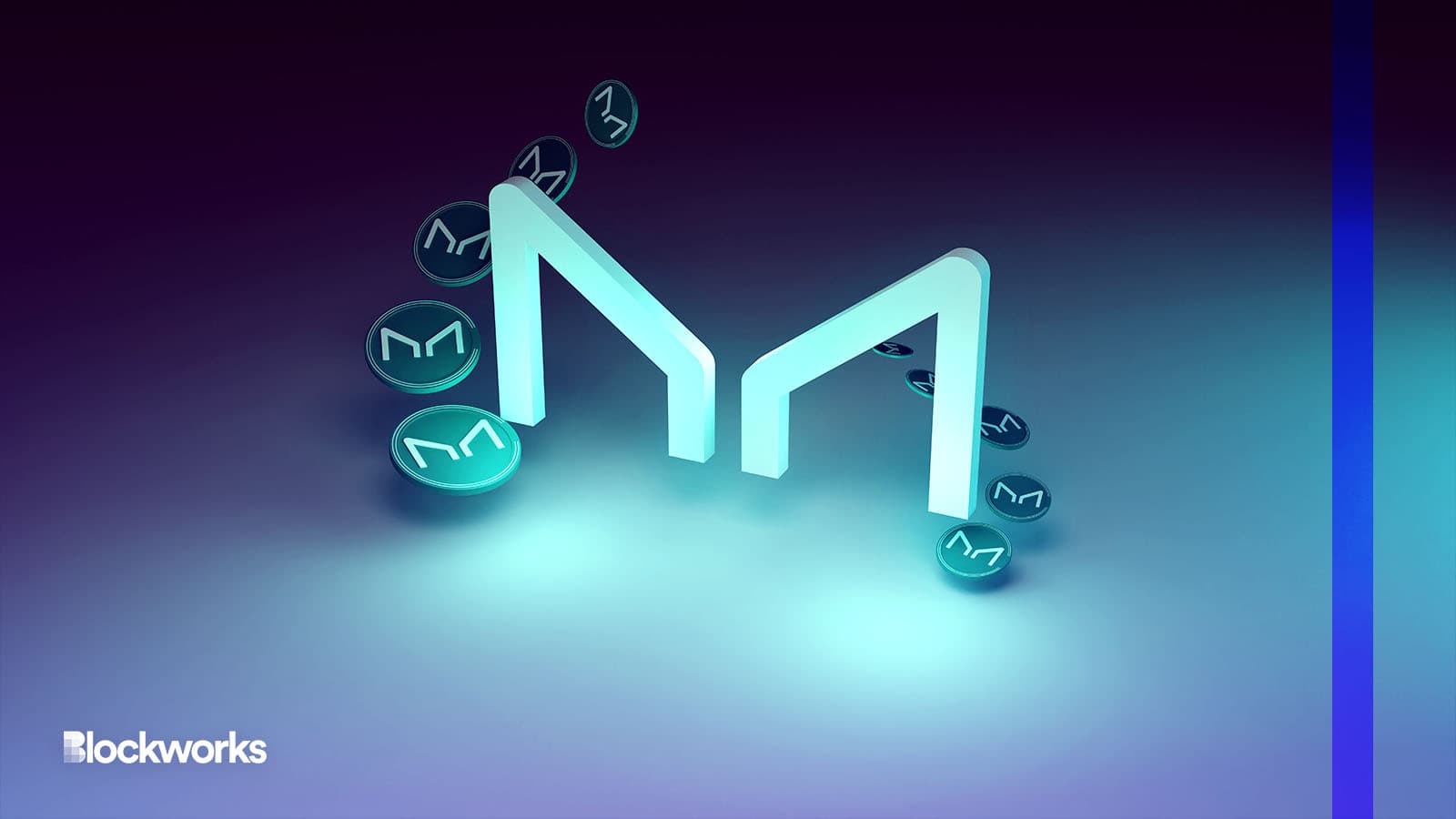MakerDAO Earmarks $5M For Legal Defense
Governance vote creates defense fund intending to alleviate costs for Maker participants exposed to “novel legal risks”

Source: Shutterstock / CryptoFX, modified by Blockworks
MakerDAO governance has approved a new multi-million fund aimed at reimbursing certain individuals’ legal expenses.
The Defense Fund, consisting of 5 million dai (DAI) — Maker’s US dollar-pegged stablecoin — is intended to fund costs incurred from legal and regulatory bouts, the DAO said in a tweet on Wednesday.
Direct funding will only be provided for select Maker participants including recognized delegates, core unit facilitators, core unit permanent contributors and active MKR holders.
A ratification poll, initially proposed early last month, approved the fund following a governance vote on Wednesday, with 72% of participants in favor of the move.
On paper, the budget appears to offer significant financial assistance to those locked in legal disputes. Though, according to data provided by legal services marketplace ContractsCounsel, typical attorney fees across 50 US states range from between $100 an hour to $400 an hour.
Based on the median cost for an attorney, around $350 an hour, legal fees could chew up significant portions of the fund in short order in the event multiple legal cases arise.
It is unclear whether the contingency budget of 5 million DAI is expected to grow over time. Maker did not immediately respond to a request for comment.
For now, Maker is concerned with laying the foundation for the fund, including how lump sum payments are expected to be delivered.
The organization has tapped insurance and risk management firms Gallagher and Artex to develop a claims procedure manual following a feasibility study on the average legal defense costs.
All claims and payouts will be handled by an “external technical committee” composed of insurance and risk management experts, Maker said. The committee will then issue a recommendation to approve or reject a payout based on a claim.
Self-insurance is a well-known risk management technique comprising setting funds aside to cover a possible future cost, Maker said in an original proposal laid out late last year.
Unlike Wyoming, which recognizes decentralized autonomous organizations (DAOs) in the same capacity as LLCs, most other US states and the wider world do not. That presents legal headaches for participants operating within the freshly conceived organizational construct.
“DAOs are novel organizational structures and, as such, may expose their participants to novel legal risks,” the organization said. “MakerDAO is not a legal subject, hence is unable to limit liability risks for its participants.”
Get the news in your inbox. Explore Blockworks newsletters:
- The Breakdown: Decoding crypto and the markets. Daily.
- 0xResearch: Alpha in your inbox. Think like an analyst.






